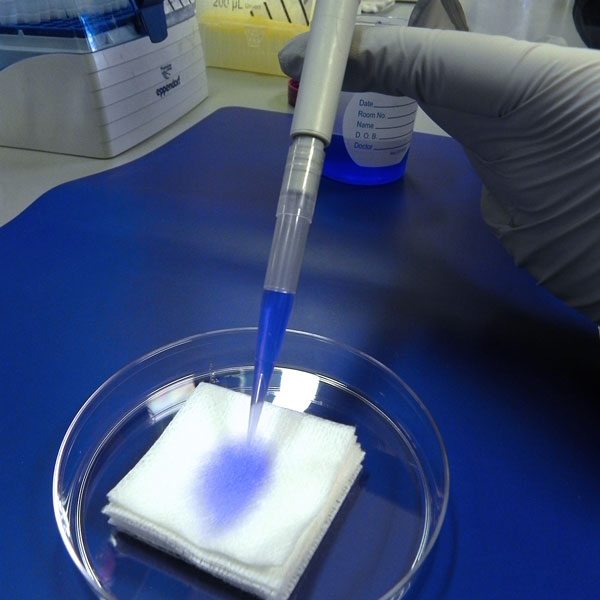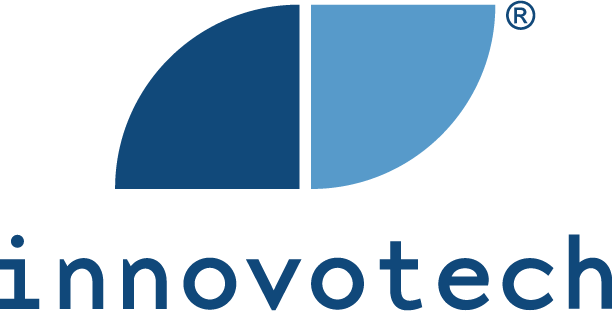The TM100 method, from the American Association of Textile Chemists and Colorists (AATCC), provides a quantitative procedure for evaluating the antimicrobial activity of textiles or fabric.
Textiles are materials that often have antimicrobial agents incorporated into or coated onto them in order to prevent microbial growth and biofilm formation.
Textile swatches are inoculated with a microbial suspension and incubated for the desired contact time. Following the contact time, microbes that absorbed into the fabric are recovered and quantified.
The degree of killing is determined compared to a control fabric that does not contain any antimicrobial agent, as well as by comparison to the original inoculum. Because this assay uses nutrient-rich broth as inoculation media, there is expected to be a high level of microbial growth in the absence of antimicrobial activity, and therefore this test is suitable for antimicrobial agents that actively kill microbes as well as those that simply prevent growth.

Utilize our Experienced Team:
- 40+ years of collective experience.
- Knowledge to test a wide range of products.
- Experience testing under aerobic, anaerobic and microaerophilic conditions.
- Experience testing bacterial and fungal strains.
- Experience testing medical devices, textiles, as well as agricultural and oilfield products.
